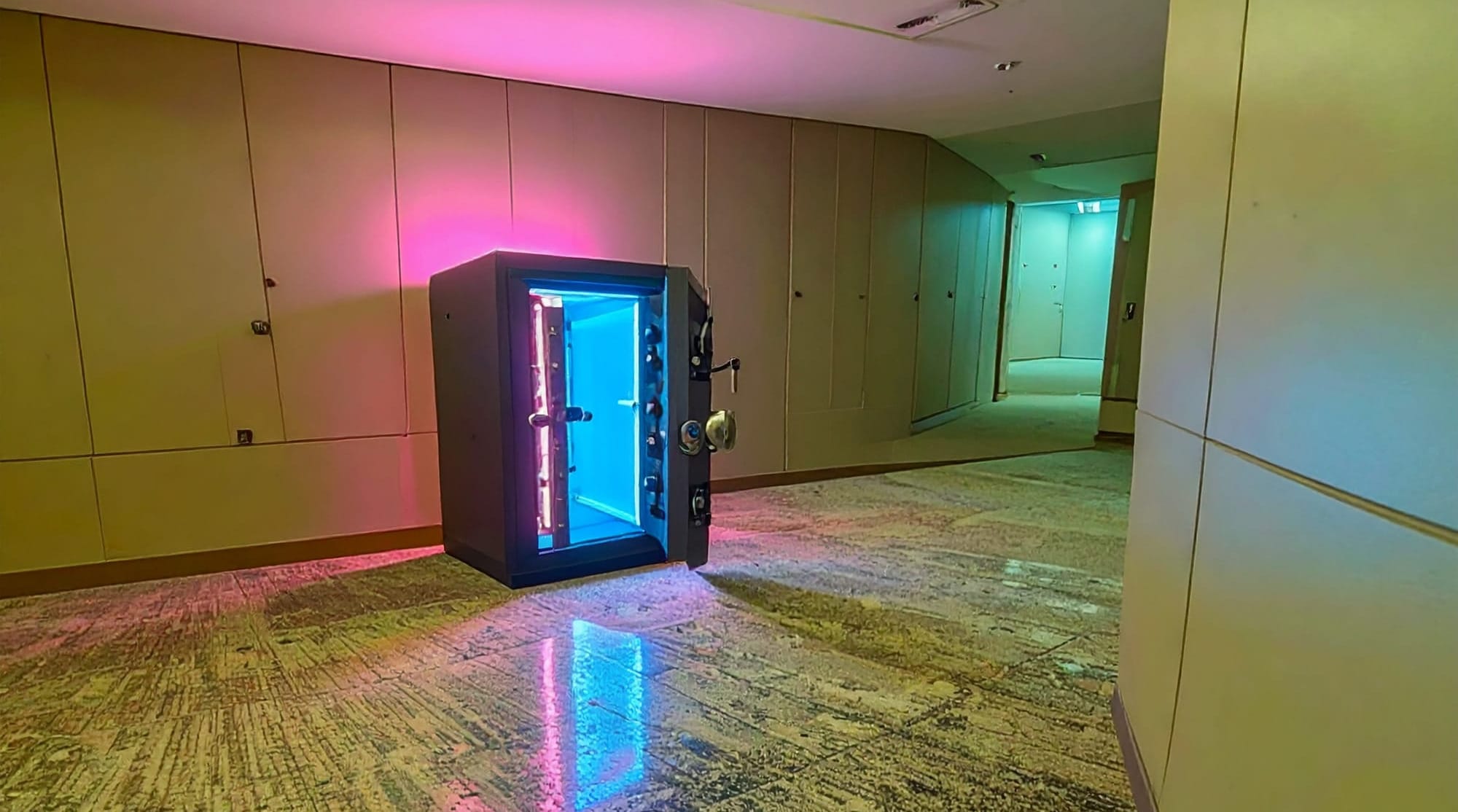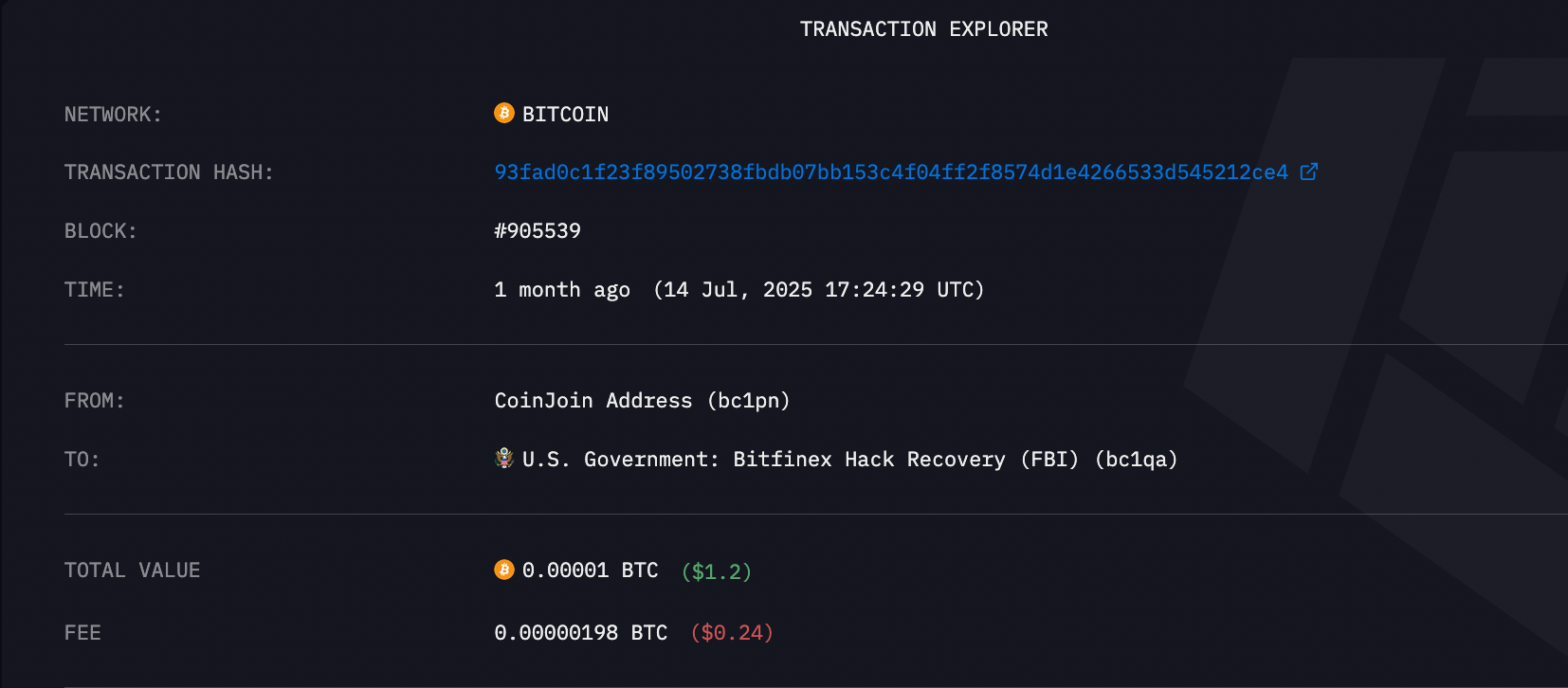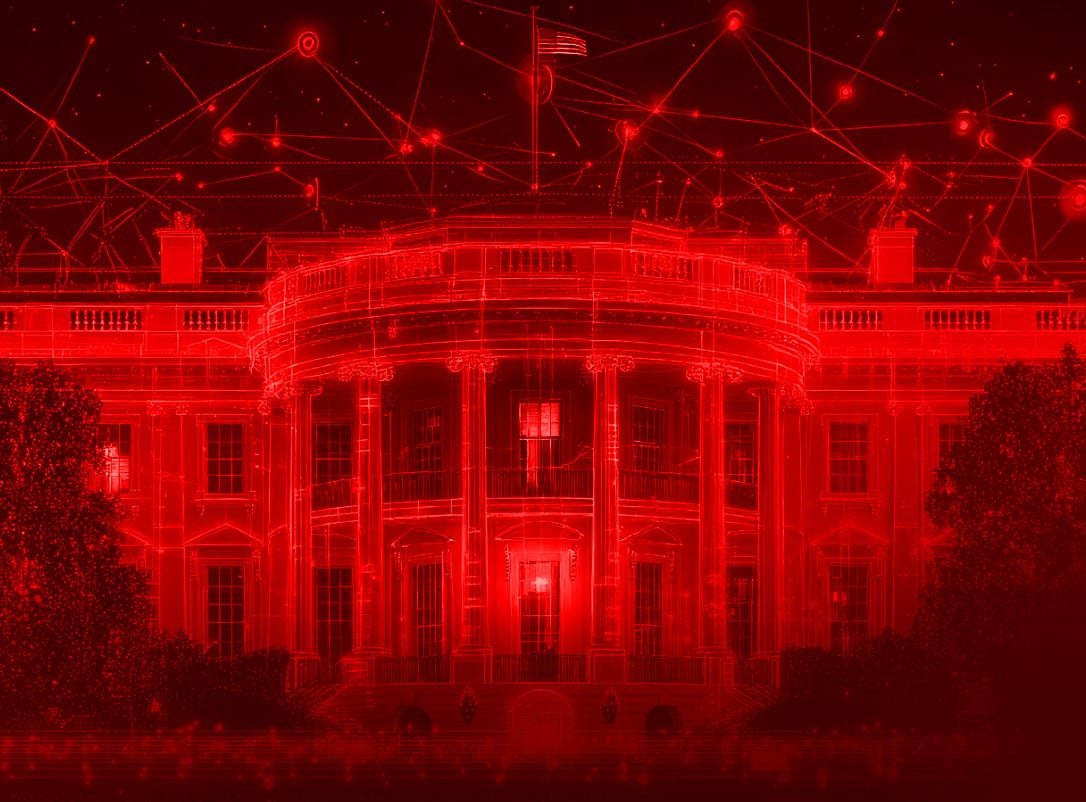Bitcoin Reserve: Where Did Bessent Find 140,000 BTC?
Treasury Secretary Bessent has claimed that the US Government holds between $15-20 Billion in BTC. But the Government's bitcoin holdings have still not been audited.

Yesterday, Treasury Secretary Scott Bessent appeared on FOX Business, telling viewers that the US Government would not be buying Bitcoin for its Strategic Bitcoin Reserve, but that it would be using "confiscated assets and continue to build that up," stating that the US Government's Bitcoin Reserve "at today's prices is somewhere between $15-20 Billion US Dollars, which would put around 120-170,000 BTC in the possession of the US Government.
Just hours later, Bessent back paddled in light of public outrage on the plans to not purchase BTC, stating that the US Government will be using "bitcoin that has been finally forfeited to the federal government" as a foundation for the Strategic Reserve, while it would continue to explore "budget-neutral pathways to acquire more Bitcoin to expand the reserve."
But thanks to a Freedom of Information Request filed by The Rage, we know that the US Marshal Service, which is in charge of holding assets forfeited on behalf of the Department of Justice, holds a mere ~29,000 BTC.
So where did Bessent find ~140,000 BTC?
The Agencies That Manage US Government BTC
There are two agencies in the US Government which manage forfeited assets on behalf of the US Government. The first, as already discussed, is the US Marshal Service, which holds bitcoin that has been forfeited to the US Government through actions carried out by the Department of Justice. This includes the FBI, the DEA, as well as federal task forces.
The Treasury may also hold BTC on behalf of the US Government, forfeited through actions conducted by agencies that fall under the umbrella of the Treasury, such as the IRS, the Secret Service, or Customs and Border Protections.
The blockchain intelligence platform Arkham estimates that the US Government holds around $24 Billion US Dollars in BTC and other cryptocurrencies. This includes bitcoin forfeited in the Department of Justice's prosecution of Silk Road Founder Ross Ulbricht, as well as bitcoin seized by the Department of Justice in the prosecution of the hackers of the bitcoin exchange Bitfinex.
Similarly, the site Bitcoin Treasuries estimates that the US Government currently holds ~200,000 BTC.

Seized vs. Forfeited Coins
In 2013, the US Government seized 173,991 in connection with the DOJ's prosecution of Silk Road founder Ross Ulbricht, which were consequentially forfeited to the Government and sold at auction. Eight years later, in 2021, the DOJ seized another 50,676 BTC in connection with the Silk Road case which were forfeited to the Government, of which more than 9,800 BTC were sold in 2023. The remaining ~40,000 BTC would already place the bitcoin owned by the US Government above the reported ~29,000 BTC held by the US Marshal Service, though it would still be off more than 100,000 BTC to reach the amount claimed by Treasury Secretary Bessent on Thursday.
Another substantial amount of bitcoin currently held by the US Government consists of funds obtained from the DOJ's prosecution of Bitfinex hackers Ilya Lichtenstein and Heather Morgan, who stole approximately 120,000 bitcoin from the exchange, of which approximately 95,000 BTC were seized by the Government.
As displayed both on the estimates on Arkham, as well as on the site Bitcoin Treasuries, the total estimation of bitcoin held by the US Government includes the funds obtained from Bitfinex.
But these funds are not forfeited, and therefore are not the property of the US Government. Instead, the parties have been fighting for the restitution of the seized BTC to reimburse victims of the hack.
However, the Government does not consider Bitfinex customers who lost BTC in the hack as "victims," as Bitfinex customers had been reimbursed via BFX tokens. In latest developments, the court declined to grant restitution to Bitfinex, ordering ancillary proceedings due to the complexity of the case.

207 Days In, And Still No Bitcoin Audit
Secretary Bessent's comments now appear to suggest that the US Government may consider Bitfinex' BTC the US Government's property to be contributed to the Strategic Bitcoin Reserve. Alternatively, it may be possible that Bessent is simply not aware that much of the ~200,000 BTC often cited to be owned of the Government may not actually belong to the Government.
In March, President Trump had ordered federal agencies to submit reports to the Treasury on how much digital assets were held by each agency. But the results of said reports, ordered to have been completed 30 days after the President's announcement of the Strategic Bitcoin Reserve via Executive Order, have still not been publicized.
The lack of transparency around the Government's bitcoin holdings appear to have caused confusion even amongst lawmakers. Following our reporting on the BTC held by the US Marshal Service, Senator Cynthia Lummis of Wyoming, who had proposed the BITCOIN Act meant to establish a Strategic Bitcoin Reserve to Congress, believed that the US Government may have secretly sold off its coins, though no public auction filings suggest this to be the case.
"I’m alarmed by reports that the U.S. has sold off over 80% of its Bitcoin reserves—leaving just ~29,000 coins," Lummis wrote on X in response to reporting on our FOIA Request, which misinterpreted what the documents obtained by The Rage represented.
The Rage has since filed additional FOIA Requests asking the Treasury how much BTC it currently holds, distinguished between BTC forfeited and BTC seized. The Rage has additionally filed a FOIA Request to obtain the BTC holding reports made by federal agencies to the Treasury as ordered by President Trump in March.
If you'd like to support this work, please consider making a donation to us.

"Never Sell Your Bitcoin"
The idea that the Treasury may consider Bitfinex' BTC part of the US Government's property is yet an interesting one. Paired with Bessent's comments on building the Strategic Reserve from confiscated coins, as well as statements made by the White House that criminal and civil asset forfeiture proceedings may form a key pillar to build out the Reserve, we may be drifting toward a future in which the Government would no longer reimburse victims of BTC thefts in-kind, but rather reimburse victims in Dollars, keeping the BTC for the state.
Such a scenario would lead to incredibly unfortunate circumstances for anyone currently holding bitcoin. If a person became a victim of a BTC hack resulting in loss of funds, victims would miss out on any value appreciation the bitcoin may have accumulated from the point of the hack to the concluding of criminal proceedings.
As Trump stated at the first Crypto Summit this March, "every Bitcoiner knows very well, never sell your bitcoin."
Independent journalism does not finance itself. If you enjoyed this article, please consider making a donation. If you would like to note a correction to this article, please email corrections@therage.co








